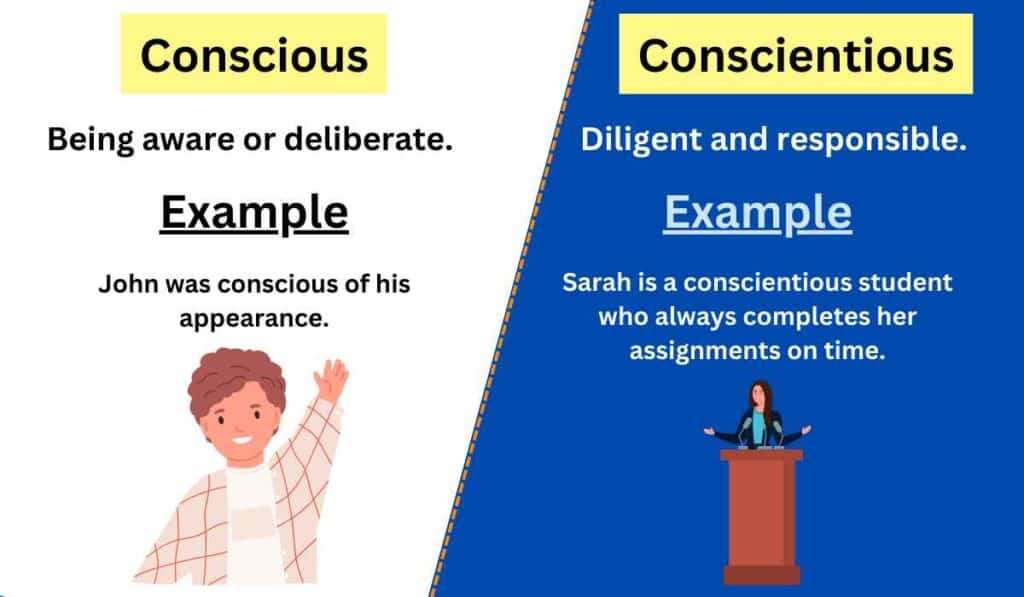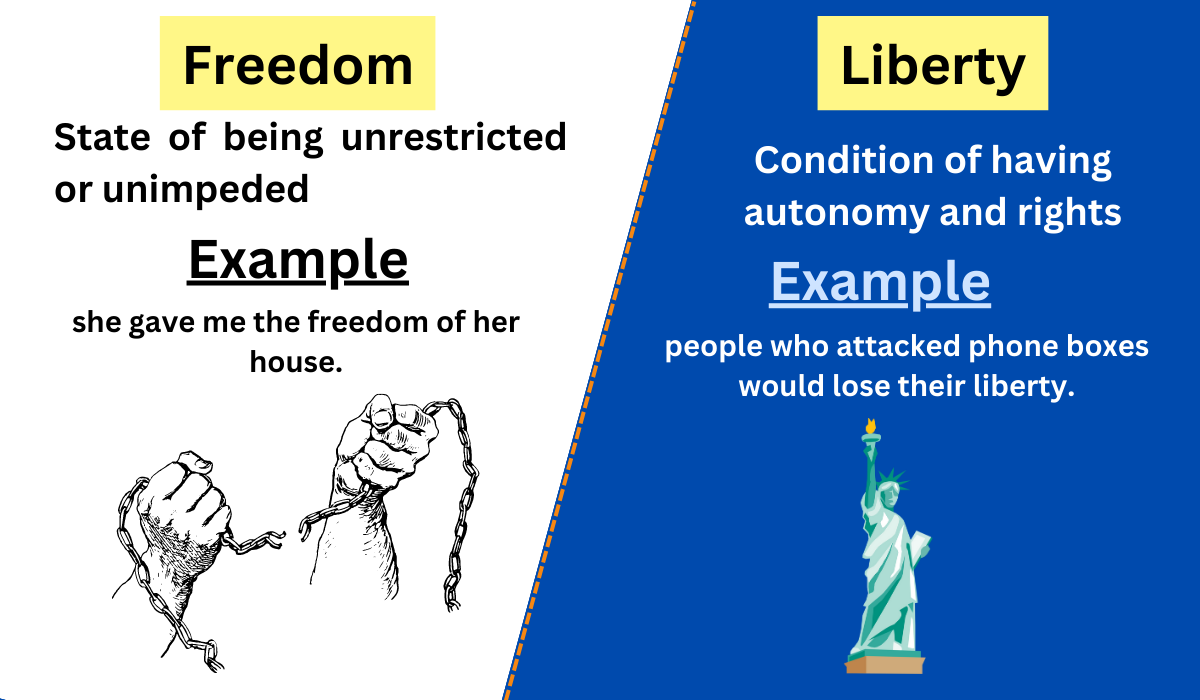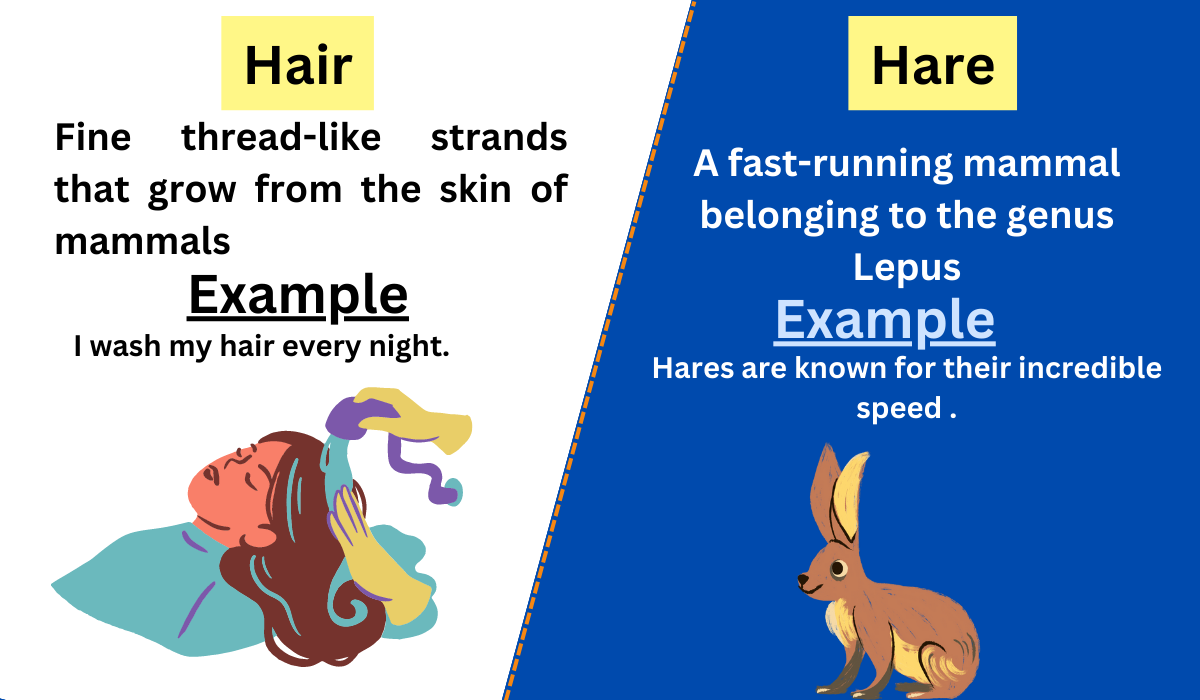Conscious vs. Conscientious- Difference between with examples
In our pursuit of personal growth and ethical behavior, the terms “conscious” and “conscientious” often come into play.

While both words relate to awareness and intentionality, they have distinct meanings and implications.
In this article, we will explore the differences between “conscious” and “conscientious” to gain a better understanding of their nuances and how they are used in different contexts.
By clarifying that “conscious” refers to being aware, awake, or deliberate, while “conscientious” refers to being diligent, thorough, and guided by a sense of responsibility, we can use these terms accurately and appreciate their significance. Let’s delve into the contrasts between “conscious” and “conscientious.”
Meanings and Examples
Conscious Meaning
Adjective: Conscious refers to being aware of one’s thoughts, feelings, sensations, or surroundings, or deliberately considering something.
Conscious Examples
- She was conscious of the fact that her actions would have consequences.
- The meditation practice helped him become more conscious of his breathing and thoughts.
- After the accident, he regained consciousness and could recall the events leading up to it.
- The artist made a conscious decision to incorporate social commentary into her artwork.
- Being environmentally conscious, she diligently recycled and reduced her carbon footprint.
Conscientious Meaning
Adjective: Conscientious describes a person who is diligent, thorough, and guided by a sense of responsibility.
Conscientious Examples
- The employee was known for being conscientious and always completing tasks to the best of her ability.
- He approached his work with a conscientious mindset, double-checking every detail for accuracy.
- The teacher commended the student for her conscientious approach to studying and preparing for exams.
- The doctor was conscientious in following proper medical protocols and ensuring patient safety.
- The team worked in a conscientious manner, ensuring that all project deadlines were met.
Differences between Conscious and Conscientious
| Criteria | Conscious | Conscientious |
| Meaning | Being aware or deliberate | Diligent and responsible |
| Part of Speech | Adjective | Adjective |
| Pronunciation | ˈkɒnʃəs | kɒnʃiˈɛnʃəs |
| Usage | Describing awareness or deliberate action | Describing diligence and responsibility |
Usage in a Paragraph
She lived a conscious and conscientious life, always striving to make deliberate choices and act with integrity. Being conscious, she practiced mindfulness, staying present in the moment and being aware of her thoughts and emotions. This conscious awareness helped her navigate challenges and make thoughtful decisions. Additionally, her conscientious nature influenced her work ethic and interactions with others. She approached her professional responsibilities with diligence, ensuring that her tasks were completed thoroughly and on time. Furthermore, she displayed conscientiousness in her personal relationships, taking responsibility for her actions and treating others with kindness and respect.
Understanding the distinction between “conscious” and “conscientious” allows us to cultivate self-awareness, make deliberate choices, and demonstrate diligence in our actions. “Conscious” refers to being aware or deliberate, whether in terms of thoughts, feelings, or deliberate consideration. On the other hand, “conscientious” relates to being diligent, thorough, and guided by a sense of responsibility. By utilizing these terms accurately, we can better navigate our personal and professional lives, embracing mindfulness, making thoughtful decisions, and demonstrating a strong work ethic.







Leave a Reply